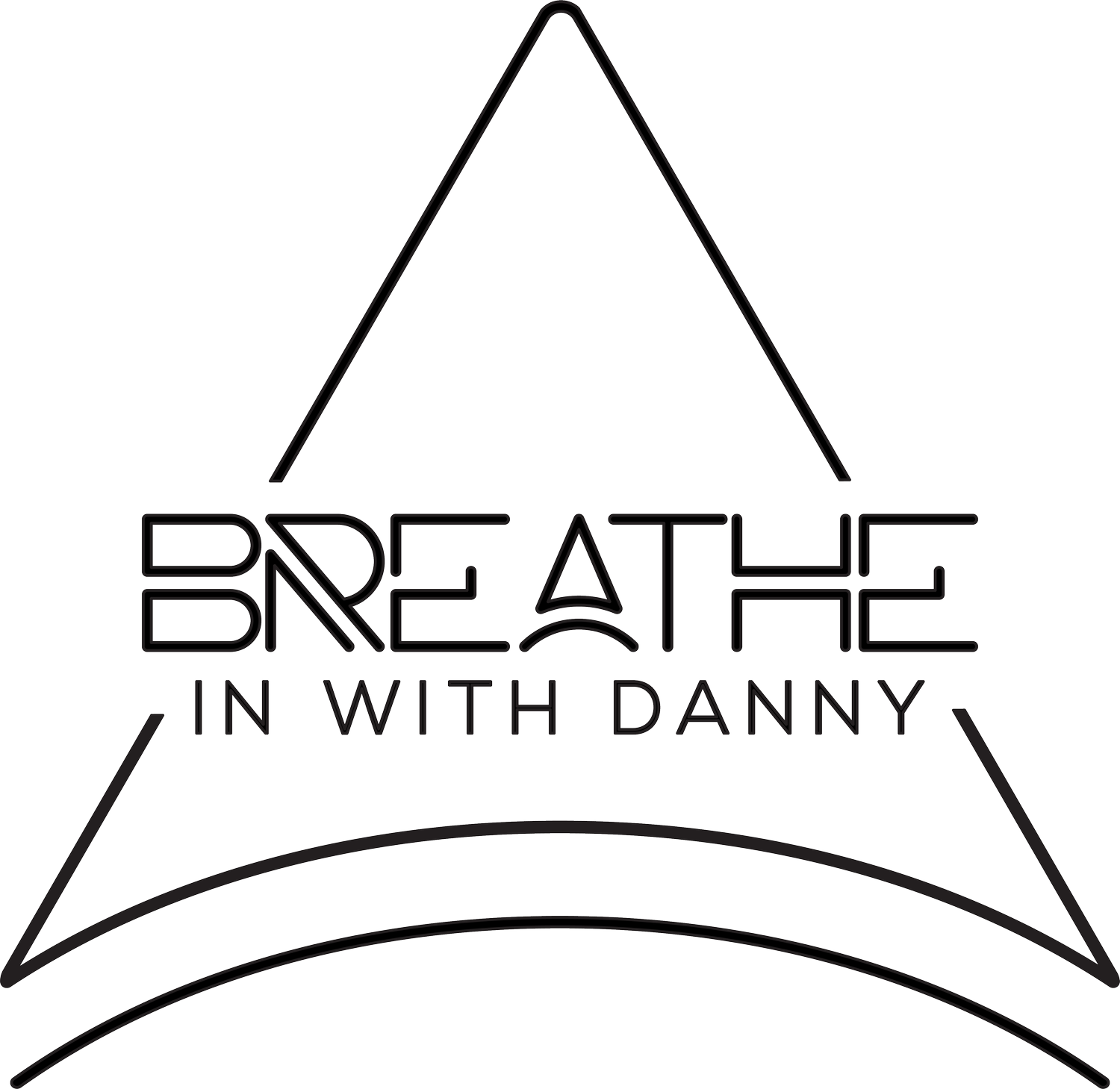Breathing In an Emergency Situation
The Great Bruce Lee said, "Knowing is not enough; we must apply. Willing is not enough; we must do." If you wait until you are in an emergency to try and incorporate the ability to breathe in emergencies, you will most likely fail. Practicing breathwork and breathing exercises in a calm, safe environment will increase the propensity of executing mechanically sound breathing in an emergency.
This blog talks about the importance of preparing your breath for emergencies. Be sure to continue reading to learn more.
Using Your Breath to Optimize Performance in High-Pressure Situations
As a New York City Firefighter, breathing efficiently may be the difference between life and death for myself, my fellow FD brothers and sisters, and the people of NYC; this is how I break down my approach to breathing in an emergency.
Zone 4
In a place of comfort (firehouse/police/ems/base station), you purposefully use the breath to detox, heal, and rest. Here, it is Nasal breathing only. (There is no imminent emergency)
Zone 3
It's when you're breathing to calm your nerves and settle (on the way to an emergency). Nasal breathing only is used here.
Zone 2
You are semi-conscious of your breath, checking in with it to indicate your exertion level and making adjustments up or down in your pace (you are at the emergency). You may be switching to nasal in, mouth out. This will vary depending on the stakes/risk and the presumable time left of the operation.
Zone 1
Breath is nasal buccal (air coming in and out of the mouth and nose). The sound of your breathing drowns out any thought (what you are doing will affect the outcome of the emergency); you are in the flow or at least trying to be (now you may be thinking, I should have tried that nerd's breathwork).
You prepared your breathing for these moments; while the exertion is hard, you feel challenged but strong; you are in the zone and have the goal in sight.
Fortunately, the first time I stretched a hose line down a hallway was not in an inferno. It was in a safe training facility with my instructors guiding me. Countless repetitions and drills like this made the emergency response muscle memory.
Our breathing mechanics will work the same. You will not have time to think of your breath when you are under the gun; if you fail to prepare, prepare to fail, and I believe you do not want to be faced with such a situation and not have a way out. There are many approaches to using the breath to optimize performance in high-pressure scenarios.


